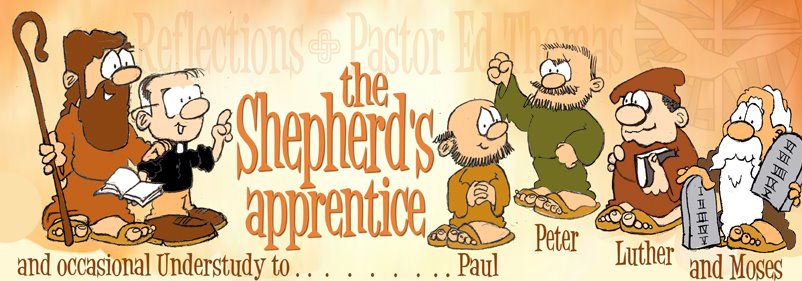I’m winnowing my list.
RESPOND “YES” if you
want to remain on my list.
If you’ve already responded
“yes,” I have you on the list.
If you do nothing, you’ll be off :)
I’ll try twice more after this weekend.
Themes in John:
What was Jesus’ purpose?
He states, For this I came into the world,
to testify to the truth -18:37.
Bonus: It sets us free.
+ + +
We had fun in our Truth Project class last Fall. We’d ask each new class member: “Why did Jesus come into the world?” They’d say something like, “To save us from our sins.” We’d say, “Oh, what a great answer. Jesus is the Savior. He loves us. He died for us. But … NO!!!”
Again and again. No matter their answer. “NO!!!”
And then we’d point to this verse. Jesus himself defined why he came: He came to “testify to the truth” (John 18:37). Jesus was (and is) the Truth. (He is, indeed, “the way, the truth, and the life.”)
Furthermore he proclaims that there is Truth — a true, right, and only God and, therefore, a true and right way that God ordains for us to live. Indeed, how many times did Jesus say in the Gospels, “Truly, truly, I say to you …” (Twenty-four times in the Gospel of Matthew alone!)
Then in John 8 he makes this claim … “The Truth will set you Free.” If Jesus is (the) Truth, then truly he will set you free. Furthermore, if there is a true and right God, then living in God’s true and right way will set you free too.
And if Jesus came to point you to Truth — to himself and to the true and godly way — then our question this Fall is: “What are you doing to know Jesus and follow him more fully.”

















